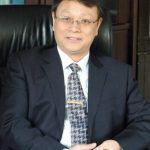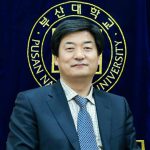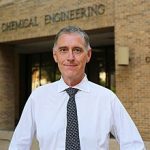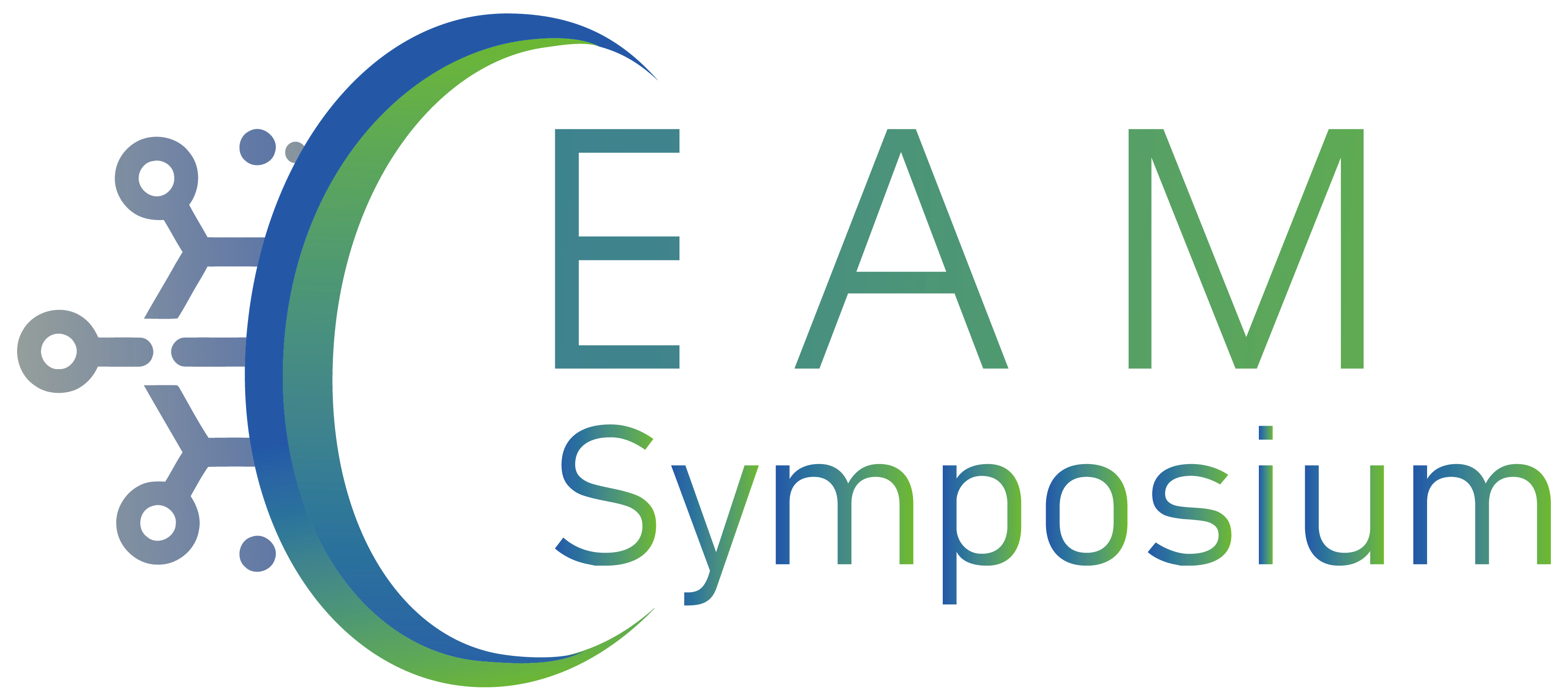
Prof. Liejin Guo
Xi’an Jiaotong University
Prof. Guo Liejin is an Academician of the Chinese Academy of Sciences, Academician of the World Academy of Sciences, Professor of Xi’an Jiaotong University, a prestigious expert in engineering thermophysics and energy utilization, one of the leading scientists on multiphase flow in power engineering and hydrogen energy discipline in China. He is the director of State Key Laboratory of Multiphase Flow in Power Engineering, the Principal Scientist of the Basic Science Center Program for Ordered Energy Conversion of the National Natural Science Foundation of China, and the pioneer and founder of China’s first discipline and specialty of New Energy Science and Engineering. He has conducted extensive research in multiphase flow and heat & mass transfer in energy power systems, multiphase flow in petroleum engineering, theoretical and technological research on high-efficiency renewable development and utilization of new energy, as well as hydrogen science and technology. He has won the second prize of National Natural Science Award twice, the second prize of the National Natural Science Invention Award once, and the first prize from provinces or Chinese ministries eight times. He also received the inaugural National Award for Excellence in Innovation and the award of Ten Major Science and Technology Advances of China’s Colleges and Universities. He was honored with two Special Prize of Teaching Achievements in Shaanxi Province, and one First Prize of National Teaching Achievements for Undergraduate.

Prof. Rui Xiao
Southeast University
Professor Rui Xiao acts as the Dean of the School of Energy and Environment at Southeast University. He also leads the Key Laboratory of Energy Thermal Conversion and Control of the Ministry of Education. He is a recipient of the National Science Fund for Distinguished Young Scholars, a “Chang Jiang Scholars” Distinguished Professor appointed by the Ministry of Education, and a leading talent in scientific and technological innovation under the National Ten Thousand Talents Program. He has published over 360 research papers, with more than 20,000 citations. He holds over 50 authorized Chinese invention patents, 2 U.S. invention patents, and has applied for 8 PCT patents. As the first contributor, he received one Second Prize of the National Science and Technology Progress Award and three First Prizes at the provincial or ministerial level. He also received five additional provincial or ministerial awards as a key contributor.

Prof. Rose Amal
University of New South Wales
Professor Rose Amal is a UNSW Scientia Professor and was an ARC Laureate Fellow. Professor Rose Amal is a chemical engineer and the leader of the Particles and Catalysis Research Group, and Co-Director of ARC Training Centre for the Global Hydrogen Economy (GlobH2E). She is recognised as a pioneer and leading authority in the fields of fine particle technology, photocatalysis and functional nanomaterials having made significant contributions to these related areas of research over the past 20 years. She has published > 500 journal publications which have cumulatively received over 53, 185 citations, resulting in an H-index of 121. Her current research focuses on designing catalysts for solar and chemical energy conversion applications (including photocatalysis for water and air purification, water splitting, CO2 reduction to make Syngas and NOx reduction to generate ammonia) and engineering systems for solar induced processes, using the sun’s energy as a clean fuel source.

Prof. Jingpei Cao
China University of
Mining and Technology
Professor Jingpei Cao is the Associate Dean of the School of Chemical Engineering at China University of Mining and Technology and Director of the Jiangsu Engineering Research Center for Fine Utilization of Carbon Resources. He is a recipient of the National Young Talent Program, Jiangsu Outstanding Youth Fund, and several provincial talent programs including the Qinglan Project, the “333 Talent Project,” and the “Six Talent Peaks” Program. He serves as a Youth Editorial Board Member of International Journal of Mining Science and Technology and Journal of Fuel Chemistry and Technology, and as a Guest Editor for the International Journal of Coal Science & Technology. His research focuses on the targeted thermal conversion of coal and biomass into chemicals and functional materials. He has published over 190 papers (more than 140 as first or corresponding author), with over 4,000 SCI citations and an h-index of 38.

Prof. Chunghwan Jeon
Pusan National University
Professor Chung-Hwan(Steve) Jeon is currently working as Director of Pusan Clean Energy Research Institute(PCERI) at Pusan National University. He has established and supervises several major research organizations at the university. In the energy field where he focuses, PCERI has been conducting world-leading research accelerating the development of carbon-free energy. He has been appointed Director of the Korea(PNU)-Australia(UoN, University of Newcastle) Global Hub Center, designed for green energy(ammonia) production and utilization for international cooperation. In recognition of his contributions to steel technology research, he was appointed as a POSCO Affiliated Professor in 2016, and as a result of international cooperation with China, he was also appointed as a THU Distinguished Visiting Professor. Professor Jeon published more than 300 technical papers in the SCI journals and other domestic academic journals.

Prof. Benny Freeman
University of Texas at Austin
Professor Freeman’s research is in polymer science and engineering with mass transport of small molecules in solid polymers. His group performs fundamental research in gas and liquid separations using polymer membranes and barrier packaging along with structure / property correlation development for desalination and gas separation membrane materials, such as new materials for water / ion separation, hydrogen separation, natural gas purification, and carbon capture. His group also studies reactive barrier packaging materials and new materials for improving fouling resistance and permeation performance of liquid separation membranes. His research is described in 433 publications and 27 patents / patent applications. He has co-edited 5 books on these topics, and won a number of awards, including becoming the first NAMS Fellow, Fulbright Distinguished Chair, PMSE Distinguished Service Award, Joe J. King Professional Engineering Achievement Award, and many others.

Prof. Ajayan Vinu
University of Newcastle
Professor Ajayan Vinu is currently working as a Laureate Professor and Director of the Global Innovative Center for Advanced Nanomaterials at the University of Newcastle. Prior to this, Prof. Vinu was also working as a Full Professor of Nanomaterials at the Future Industries Institute, University of South Australia, Mawson Lakes, Australia from 2015 to 2017. His previous employment was as a Full Professor and ARC Future Fellow at the University of Queensland, Brisbane, Australia, during September 2011-2015. Before moving to Australia, he had been working as a senior researcher at the National Institute for Materials Science (NIMS), Tsukuba, Japan, since 2006 after he had successfully completed two years of the ICYS fellowship at the same institute and a few years of research at the Technical University of Kaiserslautern (TUK), Germany. His contribution in the field of nanoporous materials has led to ca. 570 papers in high-impact factor journals with ca. 39,700 citations and an H-index of 102.

Prof. Paul Webley
Monash University
Professor Paul Webley is a Professor of Chemical Engineering at Monash University and the Director of the Woodside Monash Energy Partnership. The underlying theme of Webley’s research is technology for environmental and energy applications including: CO2 capture and utilization systems for the industrial and energy sectors, hydrogen generation, storage and utilization technologies, design of energy efficient thermodynamic systems, and negative emissions technologies. Over the 25 years, Prof Webley has had a major impact on the design, and implementation of adsorption based carbon capture technologies which he is now applying to CO2 conversion, with over 25, 000 citations and an h-index of 74 in publication.
